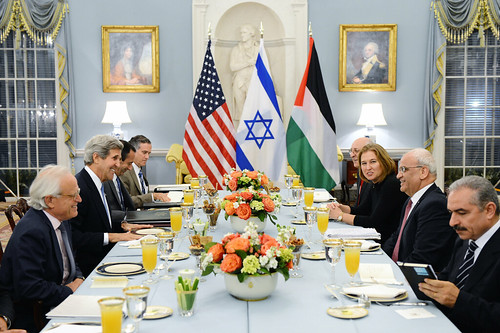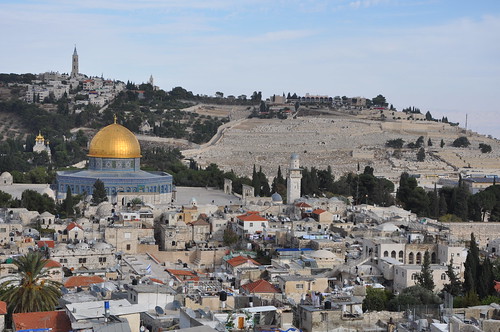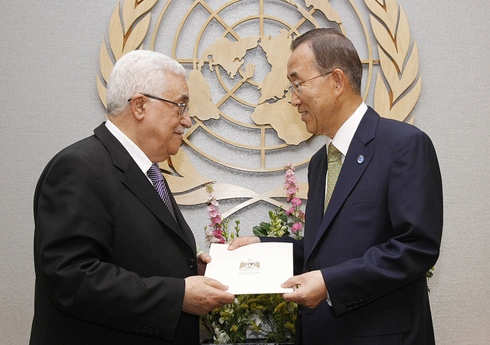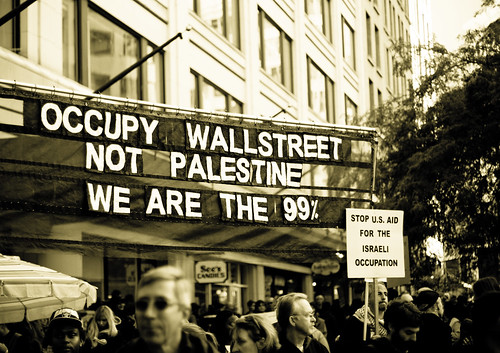
“I can assure you that in these negotiations it is not our intention to argue about the past but to create solutions and make decisions for the future.”
– Chief Israeli Negotiator Tzipi Livni
Any third party mediator dealing with the Israel-Palestine conflict is burdened with a 130-year-old dilemma: insoluble disagreements between Palestinians and Israelis over the causes of the conflict continue to obstruct peace-making efforts today.
There is no easy way out of this dilemma, but a few observations may be useful in pointing the way forward for any future mediation.
Reconciling narratives is not possible
Because many third parties can see the validity of both sides’ perspectives on the causes of the conflict, they may be led to believe that the parties themselves can ‘bridge’ their conflicting narratives. Such bridging appears necessary since issues such as the Palestinian right of return and recognition of Israel as a Jewish state inevitably force history onto the negotiating table.




